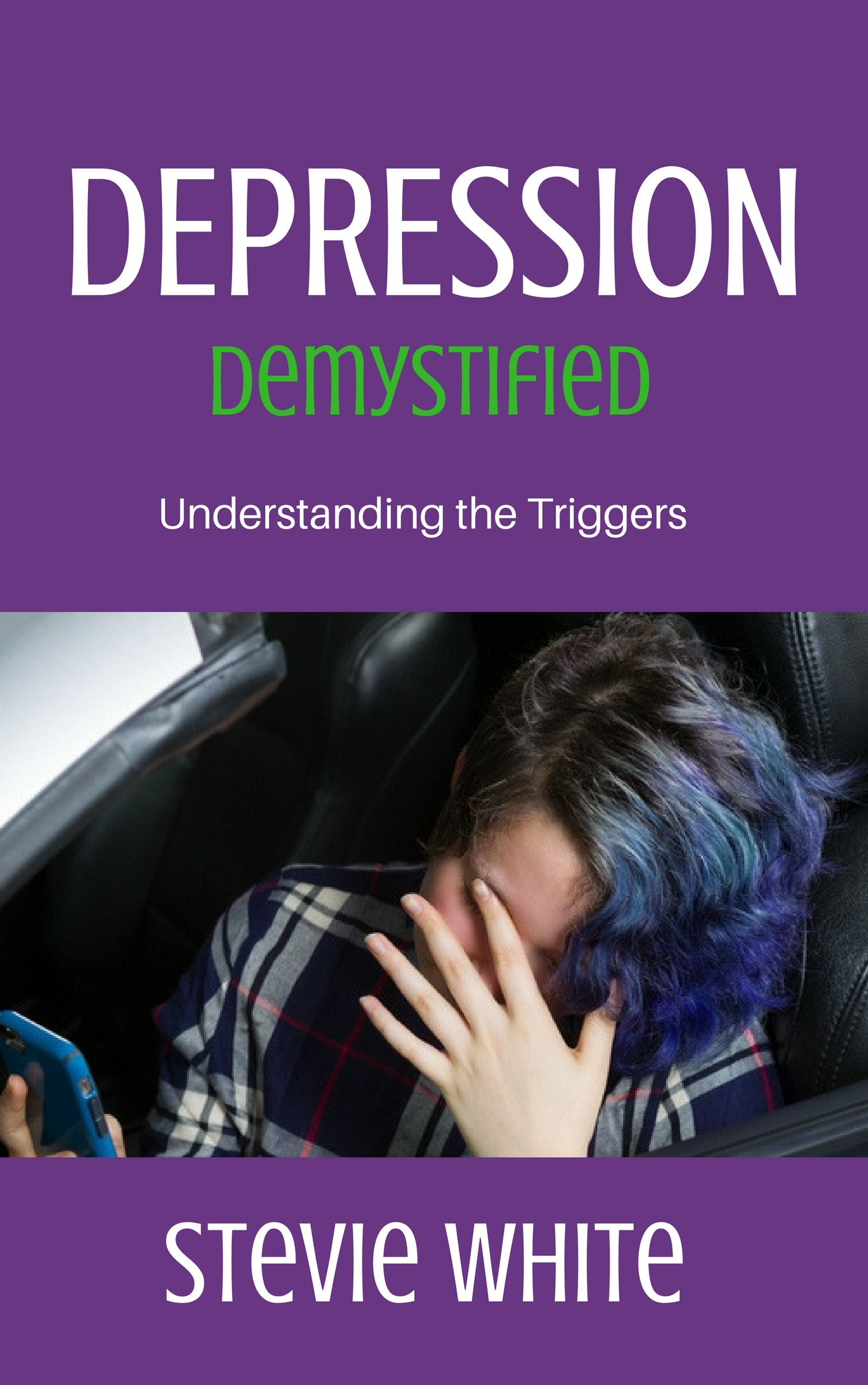Talking Therapy for Depression

One sad, but not a necessary repercussion of depression, is that you many people often ‘suffer in silence’ or ‘isolate themselves’. Another sad element associated with this mental health disorder; is, that a sufferer may not be treated with dignity and respect.
In fact, they may often be ignored, not taken seriously, or even shunned by people who may be close by. In a similar vein, others may even find it difficult to ‘reach out’ for help or find it challenging to ‘speak out’ about what they’re feeling or experiencing. I’ve little doubt in my mind too, that many sufferer's of depression may often feel like they’re travelling along the crest of this wave, all alone.
Let me also be a little blunt and to the point here. I’m mindful, that many may at times feel victimized or placed into the too-hard-basket’ by family members, friends, co-workers or even by relevant authorities. Which, really is a sad state of affairs.
It’s because of these ever-present issues and many more, that I decided to write this article and also published a book on the topic. You see, I’ve always had a strong belief system in relation to what people don’t know about, then they tend not to worry about. I’m sure too, that there will be many people close by to you, who simply don’t know too much about their depressive symptoms either.
Sadly, the modern world that we now live in, is not only fast-paced and instant - it’s, also full of selfishness. Which also means that many people are often too busy to concern themselves about other people’s problems. That is, until they find the illness has struck one of their own family members, work colleague or friends close by. Or, even themselves.
I’ve also seen first-hand what this mental illness can do to people. Yet, I also think, that I can offer some sound and proven solutions, that can assist people suffering depression to climb out of the incessant black hole, that often is the experience. At this point, let me remark that “People don't choose to have a mental health problem”.
Which leads me onto the ever increasing need to adopt talking therapy' as a simple and effective treatment for depression, especially if its reached the clinical stage. Bearing in mind too, that it can play an important role when used with other depression focused treatments.
What is Talking Therapy?
Without stating the obvious, it's more a form of counselling or psychotherapy. In referring to an article published by the globally renowned institution the American Psychological Association, it states.
"Talk therapy, is a way to help people with a broad variety of mental illnesses and emotional difficulties. Psychotherapy can help eliminate or control troubling symptoms so a person can function better and can increase well-being and healing" [1].
Many research studies have reported positive brain changes after talking or psychotherapy actions, similar to the effects of common depression based medications. In addition, SPECT Scan neuroimaging has become a major player in terms of measuring changes in the brain caused by psychotherapy and has led to a more refined understanding of how different psychotherapies work.
A burning question beckons -

What are the most Effective Talking Therapies for Depression?
Cognitive Behaviour Therapy (CBT), Behaviour Activation (BA) and Mindfulness are depression treatment approaches that tend to appear most on the radar.
CBT provides an opportunity to assist the sufferer to identify and challenge any negative thining patterns and learn to react differently to their thoughts and feelings. Whereas, BA therapy has its main focus on actions. For instance, getting the sufferer back into a routine of doing enjoyable activities (e.g. meet new people, learn a new skill etc.).
This tact can help a sufferer to start to avoid certain activities that maybe triggering the depressive symptoms.
In one large landmark study that included 440 patients with major depressive disorder in which the majority completed at least eight therapy sessions, and half receiving BA and the other half receiving CBT. Further scrutiny after a twelve months had lapsed from their initial treatment program found that approximately 80% of patients in both groups no longer met the criteria for having major depressive disorder. That’s an encouraging success rate for both forms of therapy.
Remarkable, to think that 78% of the study participants were taking antidepressant medications; and were still depressed before the study; even to the point of experiencing an average of six to seven prior depressive mood episodes. [2]
'Mindfulness-based therapies' (combining talking therapies and meditation) have also become fruitful in helping depression sufferers make some important behaviour changes. And, lets not ignore the underlying benefit of helping a sufferer to reduce their stress levels.
Concluding remarks
I'm sure many people suffering depression may find counselling or psychotherapy daunting or somewhat challenging. However, there can be numerous benefits of just being able to talk about their problems in a safe environment - which, in turn can help them develop a better understanding of the sources of their problems, and then learn to think about their issues differently.
Moreover, talking therapies can reach many people who need treatment, but are having trouble getting it or paying for it. In closing...
'Talk On'

Wish to Learn More About Depression or Help Someone Close By?
My Book is available in eBook and Paperback formats. Click the Live Link below:
https://www.amazon.com.au/Depression-Demystified-Understanding-Stevie-White-ebook/dp/B0789BR21R
Talking Therapy for Depression Article Refs
1. American Psychological Association. (2016). 'Understanding psychotherapy and how it works'. Article cited online at http://www.apa.org/helpcenter/understanding-psychotherapy.aspx.
2. Cartreine, J. (2016). 'An approach to therapy that may make depression treatment more accessible'. Harvard Health Blog. Cited online at https://www.health.harvard.edu/blog/an-approach-to-therapy-that-may-make-depression-treatment-more-accessible-2016082910174. Published August 29, 2016.
Image Credits:
1. ODNAE Productions from Pexels 2. Brett Sayles from Pexels

